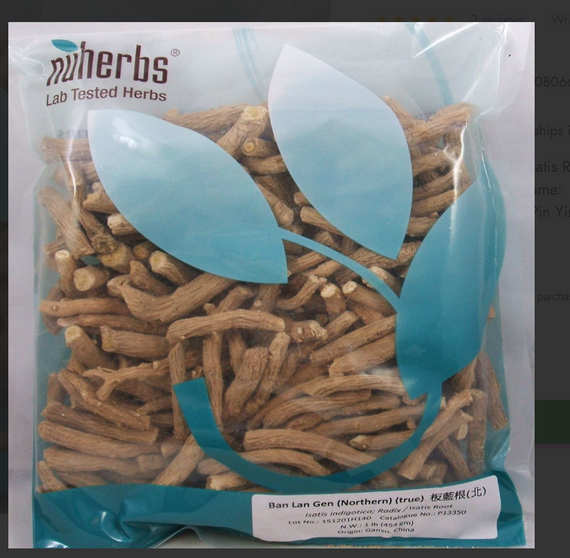What Is Fu Pen Zi (Raspberry Fruit) Used For In Traditional Chinese Medicine?
Fu Pen Zi (Rubus chingii), commonly known as Chinese Raspberry Fruit, is a nutritious and medicinal berry used in Traditional Chinese Medicine (TCM) for its tonifying and restorative properties. Unlike common raspberries, Fu Pen Zi is highly valued for its ability to nourish the kidneys, support reproductive health, and improve vision. It is primarily grown in China, Japan, and Korea, where it thrives in temperate forested regions.
Historical and Cultural Significance
Fu Pen Zi has been an essential part of Chinese herbal medicine for centuries, traditionally used in formulations designed to preserve essence (Jing), strengthen the kidneys, and improve fertility.
- Ancient Chinese Medicine: Mentioned in classical texts as an herb to "consolidate the essence", meaning it prevents the loss of vital fluids.
- Daoist Practices: Consumed by monks and healers for its reputed longevity-enhancing properties.
- Imperial Use: Used by emperors seeking to maintain youthful vigor and reproductive strength.
Phytochemical Composition
Fu Pen Zi is nutrient-dense, packed with bioactive compounds that contribute to its health benefits:
- Flavonoids & Anthocyanins – Powerful antioxidants that protect against oxidative damage.
- Ellagic Acid – Known for its anti-cancer and anti-inflammatory properties.
- Polysaccharides – Support immune function and energy production.
- Essential Minerals (Zinc, Iron, Magnesium) – Important for hormonal balance and reproductive health.
Traditional Uses
With its long-standing use in TCM and increasing scientific recognition, Fu Pen Zi remains a highly valued herbal superfood for kidney health, vitality, and longevity.












